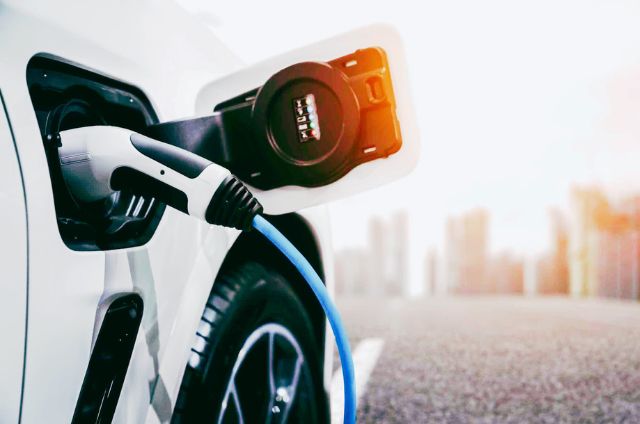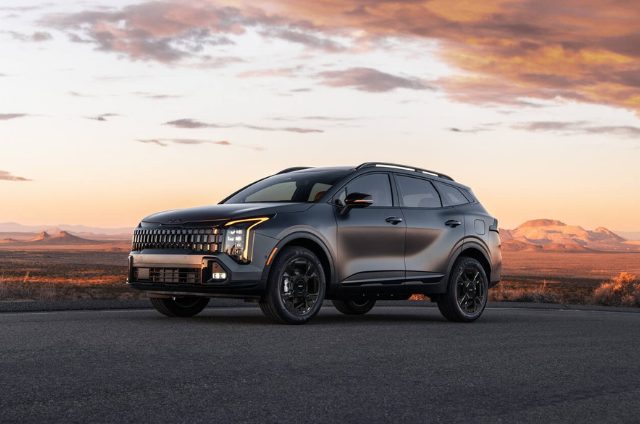The New Tax Explained
Wisconsin has introduced a $0.03 per kilowatt-hour tax on all electric vehicle charging stations, including previously free ones. The state says the tax is meant to ensure EV drivers contribute to road maintenance, similar to the $0.309-per-gallon gas tax ICE (internal combustion engine) drivers pay. However, EV owners are questioning whether this approach is fair or sustainable.
Impact on EV Owners
Many EV drivers already pay higher registration fees compared to ICE vehicles in Wisconsin. EV owners pay an additional $75 annually, on top of the standard $100 fee. Some feel the new tax is “double-dipping” into their pockets, especially since the cost of operating an EV is a key factor driving adoption.
For EV owners relying on free public chargers, the tax raises more concerns. Some businesses offering free charging may now absorb the extra cost or shift to paid charging systems. For non-networked chargers, which lack payment systems, this change could complicate things further.
Debate Over Fairness
Critics argue the new tax disproportionately impacts drivers without home charging access, such as apartment dwellers and renters. These individuals depend on public chargers and now face higher costs, making EV ownership less accessible. Others point out that the tax may discourage businesses from maintaining free chargers, eroding an important EV incentive.
Supporters of the tax say it aligns with the idea that all vehicles should contribute to road upkeep. They also highlight that the $0.03/kWh tax is comparable to what ICE vehicles pay in gas taxes when calculated per mile.
Broader Implications
This tax reflects a broader trend as states seek ways to make up for declining gas tax revenue. While Wisconsin’s approach targets charging stations, future policies may introduce new taxes on home charging. As EV adoption grows, states will likely experiment with different strategies, from per-mile fees to annual EV-specific taxes.
What’s Next for EV Drivers?
Wisconsin’s charging tax raises important questions about balancing fairness and sustainability in the EV transition. Will similar policies discourage EV adoption, or will they lead to more equitable infrastructure funding? As states refine their approaches, the EV community will closely watch how these changes impact affordability and accessibility.



